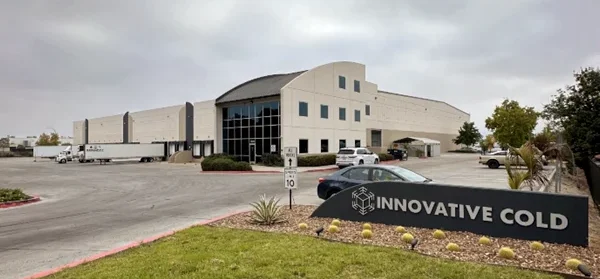
The European Union Regulation 2024/573 represents a comprehensive update to the EU’s legal framework governing fluorinated greenhouse gases (F-gases), particularly hydrofluorocarbons (HFCs), which are known for their high global warming potential (GWP). This regulation reinforces previous measures with a stronger focus on reducing the production, consumption, and emissions of F-gases across the EU.
Key Points of the Regulation
1. Stricter Phase-Down of F-Gases
One of the core elements of Regulation 2024/573 is the gradual phase-down of HFCs and other F-gases. The phase-down schedule, which started with earlier regulations, is now accelerated, with the aim of achieving an 80% reduction in the use of these gases by 2030, compared to baseline levels. This step-wise reduction will be achieved through quotas allocated to producers and importers, ensuring that the overall market availability of HFCs decreases over time.
The regulation sets out specific targets for the reduction in the placement of F-gases on the market, promoting a significant decrease in their use, especially in sectors where lower-GWP alternatives are available. This shift is expected to drive innovation and the adoption of more sustainable technologies across industries that traditionally relied on high-GWP F-gases.
2. Enhanced Recovery, Recycling, and Destruction
The regulation introduces stricter requirements for the recovery, recycling, and destruction of F-gases. Companies involved in the servicing and maintenance of refrigeration and air conditioning systems are now obligated to recover F-gases at the end of the system’s life or during servicing operations. The recovered gases must then be either recycled for further use or safely destroyed to prevent their release into the atmosphere.
Furthermore, the regulation encourages the development of new technologies and practices that improve the efficiency and effectiveness of F-gas recovery and recycling processes. This approach not only minimizes emissions but also contributes to the circular economy by reusing valuable materials.
3. Promotion of Low-GWP Alternatives
To complement the phase-down of F-gases, Regulation 2024/573 actively promotes the use of alternatives with lower global warming potentials. The regulation outlines specific GWP limits for new equipment, effectively banning the use of high-GWP F-gases in certain applications where suitable alternatives are available. For instance, new stationary refrigeration equipment placed on the market must now use refrigerants with a GWP of less than 150.
This shift towards low-GWP alternatives is particularly critical in sectors such as commercial refrigeration, air conditioning, and heat pumps. The regulation also encourages research and development in this area, providing incentives for companies that adopt environmentally friendly technologies.
4. Strengthened Enforcement and Penalties
Regulation 2024/573 introduces stricter enforcement mechanisms to ensure compliance. Member States are required to implement robust monitoring and reporting systems, ensuring that companies adhere to the phase-down schedule and other requirements. Non-compliance can result in significant penalties, including fines and restrictions on market access.
The regulation also enhances transparency by requiring companies to report their F-gas usage, quotas, and recovery activities. This data will be used to assess the effectiveness of the regulation and to make necessary adjustments to ensure the EU meets its climate goals.
Impact on the Engineering Community
For engineers involved in the design, installation, and maintenance of refrigeration, air conditioning, and other systems that use F-gases, Regulation 2024/573 represents a significant shift in industry practices. Engineers will need to be well-versed in the new requirements, particularly the phase-down schedule, recovery obligations, and the use of low-GWP alternatives.
This regulation also creates opportunities for innovation, as engineers will play a crucial role in developing and implementing new technologies that comply with the EU’s stringent environmental standards. The transition to low-GWP refrigerants, in particular, will require careful consideration of system design, efficiency, and long-term sustainability.
Conclusion
Regulation 2024/573 is a pivotal step in the EU’s efforts to combat climate change by reducing the environmental impact of F-gases. By accelerating the phase-down of HFCs, enhancing recovery and recycling processes, and promoting the use of low-GWP alternatives, this regulation sets a clear path towards a more sustainable future. Engineers and industry professionals will be at the forefront of this transition, ensuring that the goals of the regulation are met through innovation, compliance, and best practices.
For a comprehensive understanding of Regulation 2024/573, you can access the full text here.



